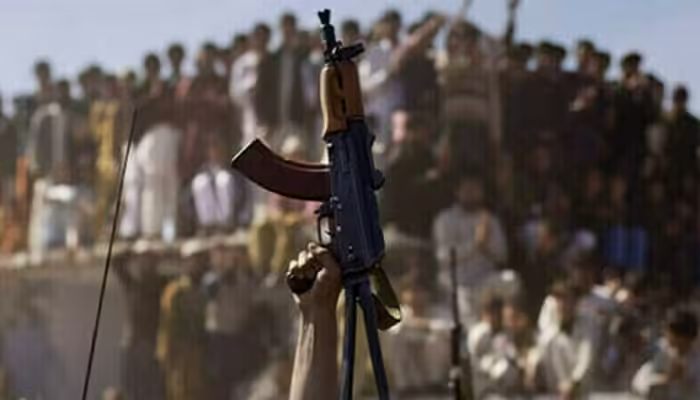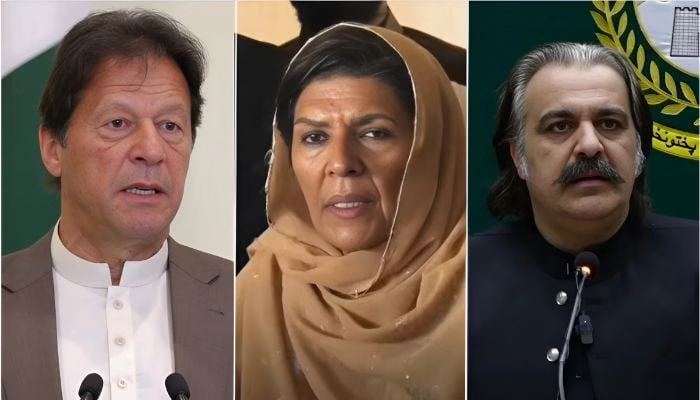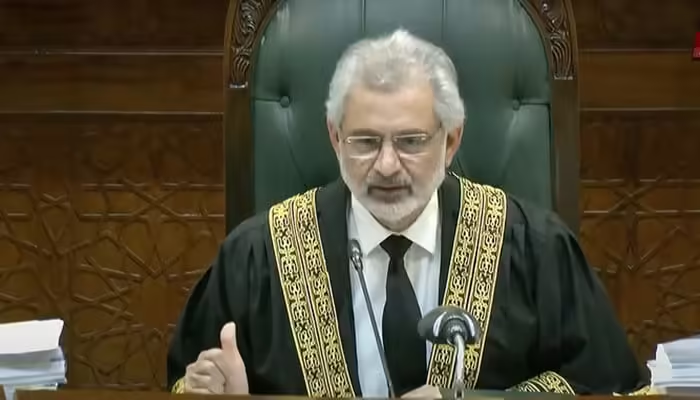The recent tribal clashes in the Kurram district of Khyber Pakhtunkhwa have severely impacted the daily lives of the residents. The violence has led to widespread disruption, with roads being blocked, businesses shut down, and educational institutions forced to close. As tensions remain high, the people of Kurram face increasing uncertainty regarding when peace and stability will return to their region.
Road Blockages and Mobility Issues
According to police officials, the clashes between rival tribes have resulted in the blockage of several key roads in the district. The Parachinar-Peshawar highway, a major route connecting the region to the rest of the province, has been closed. Other smaller roads, which are vital for the movement of goods and people, have also been blocked by the warring factions. The situation has worsened over time, with reports of the Pak-Afghan Kharlachi border being closed for nine consecutive days.
These road blockages have had a ripple effect on the local economy. Supply chains have been disrupted, causing a shortage of essential goods in the markets. People are finding it increasingly difficult to travel to other parts of Khyber Pakhtunkhwa for work, medical care, or family visits. Public transportation services have also come to a halt, leaving many stranded and isolated in remote areas of the district.
Education Brought to a Standstill
In addition to the challenges faced by everyday commuters, the ongoing tribal conflict has forced educational institutions to shut down. Muhammad Hayat Khan, Chairman of the Private Schools Management in Kurram, informed Geo News that all schools in the district have been closed for a week due to the volatile situation. The closure of schools has disrupted the education of thousands of children, who are already facing challenges due to the region’s socio-political instability.
For many students in Kurram, school is not just a place for education but a safe space that offers a sense of normalcy in their otherwise troubled lives. With schools now closed, there is growing concern about the long-term impact this conflict will have on the academic progress and mental well-being of the younger generation.
Efforts to Restore Peace
In an interview with Geo News, Deputy Commissioner (DC) Kurram Javedullah Mehsud stated that efforts are being made to negotiate peace between the warring tribes. Local advisors and Jirga (tribal councils) have been mobilized in an attempt to mediate the conflict and bring about a ceasefire. While the authorities are optimistic about these efforts, the process of negotiation has been slow and fraught with difficulties.
Establishing sustainable peace in Kurram has always been a challenge due to the district’s complex tribal dynamics and its proximity to the Pak-Afghan border. Over the years, the region has witnessed several such conflicts, making it prone to frequent eruptions of violence. While the involvement of Jirgas has been instrumental in resolving tribal disputes in the past, the ongoing clashes present a far more complicated scenario, requiring both short-term ceasefire agreements and long-term peace-building initiatives.
Impact on Local Communities
The local communities in Kurram district are bearing the brunt of the conflict. With mobility severely restricted and schools closed, the daily lives of the people have been turned upside down. Residents of the affected areas report an increasing sense of fear and frustration, as they remain confined to their homes with no end in sight. Access to medical services has become particularly problematic, with hospitals and clinics finding it difficult to operate at full capacity due to road blockages and staff shortages.
Moreover, the closure of the Pak-Afghan Kharlachi border has affected cross-border trade, further exacerbating the economic challenges faced by the people of Kurram. Many locals depend on trade with Afghanistan for their livelihoods, and the ongoing conflict has brought this crucial source of income to a standstill. With markets running low on supplies and food prices soaring, the situation is becoming increasingly dire for many families in the district.
Hope for Resolution
Despite the ongoing challenges, there is still hope for resolution. The involvement of tribal elders and Jirga councils in peace talks offers a glimmer of hope that the warring factions can be brought to the negotiating table. The provincial government, along with local leaders, is working to pave the way for sustainable peace, with efforts underway to re-open the blocked roads and restore order in the district.
In the meantime, the people of Kurram are left waiting for a solution that will allow them to return to their normal lives. The hope is that a peaceful resolution will be reached soon, bringing an end to the violence and allowing the district to rebuild and recover.
The tribal clashes in Kurram district have severely disrupted life for its residents, with blocked roads, closed schools, and economic hardship becoming the new reality. While efforts are underway to mediate peace between the tribes, the situation remains tense and uncertain. The local communities are in desperate need of stability and security, as they hope for a swift resolution to the conflict that has upended their lives.



